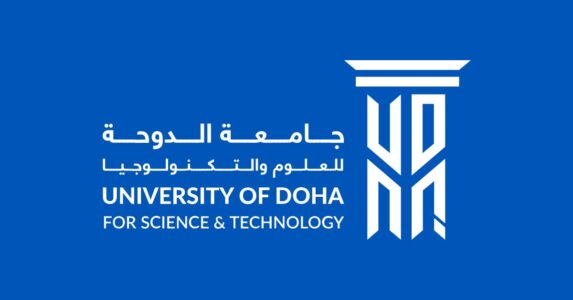
Welcome to SmartNets 2025!
Today’s internet is almost wholly dependent on data originated by limited accuracy, time, and attention humans. If computers can access to accurate information about things, they would be able to count, track, and predict everything. If everything is connected to internet, the gap between our physical world and cyberspace will be reduced.
Research activities are being conducted in this framework to solve issues related to embedded equipment design, resource-constrained media communications, security, data analysis, services, etc. Thus, novel solutions are needed and research is still underway.
The main goal of SmartNets 2025 conference is then to gather experts and researchers working on the topic to present and debate next challenges and new solutions that will make possible the development of a framework connecting everything.
It aims to bring together Academia (researchers and academics from top Universities and research institutes) and industry (techology companies, vendors and telecommunications providers) to:
– Share the latest research findings
– Address challenges in the digital transformation for the industry (i.e. cyber security)
– Present the future of latest wireless communications technologies (including 5G and IoT) and their potential opportunities in the utilities sector.
– Exchange experiences to implementing secure and reliable communications services.
– to cover theoretical and practical aspects related to the Future of the Internet, the Internet of Things, Smart Cities and Smart Factories.
This year, the multi-thematic program focuses on the major future scientific issues for the following scientific topics, divided into the following main tracks :
– Industry 4.0 & The connected Factory
– Smart Cities and Internet of Everything
– Smart Healthcare Systems
– Big Data Analytics and Machine Learning
– Edge, Fog and Cloud Computing for Internet of Things
– Next Generation Networks and CPS
– Security and Privacy for Smart IoT and CPS
– Cyber Security for Critical Infrastructure and Industrial Applications
– 5G for Industrial Applications
– Communication technologies for Smart grids and Energy management
SmartNets 2025 will be held from 24 to 27 November 2025 in the beautiful city of Doha , Qatar, and hosted by the prestigious University of Doha for Science & Technology. .
The target audience is the decision makers and influencers in the Industry and Academia that ranges from Senior researchers to Ph.D. and Master students. Researchers and engineers from companies are welcome, and may greatly benefit from the broad vision provided by this event.
Important Dates:
Paper Submission Deadline: May 11, 2025
Notification of Paper Acceptance: August 24, 2025
Submission of Camera-Ready Papers: September 28, 2025
Regular Registration Deadline: September 28, 2025
Official Host and Partner:



